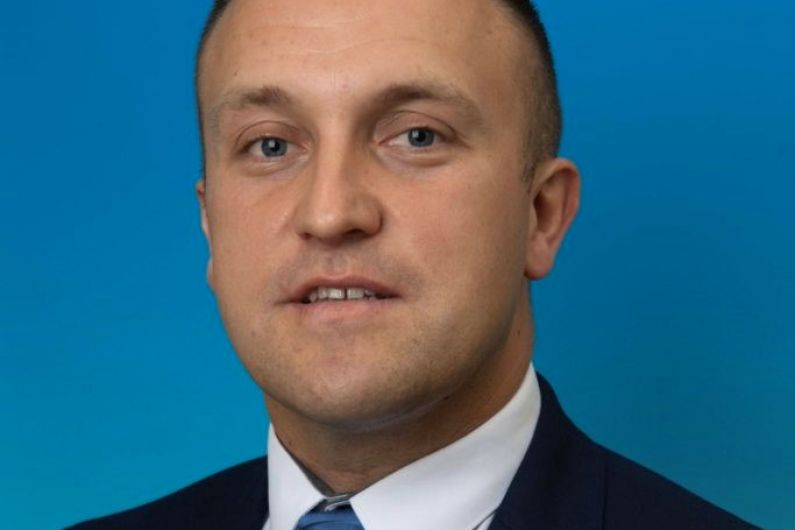A Kerry County Councillor says refugees' income should be means-tested so they can make a payment towards their accommodation.
Killarney councillor Martin Grady claims it's estimated it'll cost over €2 billion this year to accommodate and provide social benefits to refugees and people seeking international protection.
At this week's full council meeting, he originally asked that the local authority write to ministers seeking a review that refugees would pay a service charge towards their accommodation.
The independent councillor amended this to a motion that the council would seek a review that refugees' incomes would be means-tested so they could contribute to their housing.
However, this amended motion was not supported.
Cllr Martin Grady said over 15,000 Ukrainians are in employment in Ireland, and that those who aren't working are in receipt of social welfare payments.
Cllr Grady claims he’s aware of refugees earning above the threshold for social housing and believes it’s unjustified to have anyone earning a full-time wage without contributing towards their accommodation.
He added there are homeless people in Kerry who pay service charges towards their welfare entitlements.
Sinn Féin councillor Cathal Foley said he didn’t know where to start in response to the proposal, and suggested in solidarity with his own motion, that Cllr Grady should pay a service charge towards his recent trip to the US, which was paid for by Kerry's rate and property tax payers.
Cllr John O’Donoghue said the motion was far too broad and sent out the wrong message from the council.
He said a debate is needed however.
Cllr Maura Healy-Rae said the motion was too broad but agreed on means-testing of incoming refugees, and that background checks should also be looked at.
Mayor of Kerry Jim Finucane said he'd have difficulty supporting the motion. He said there are over 2,000 Ukrainians in full-time employment in Kerry, adding many are attempting to have their professional qualifications recogised.
CEO of Kerry County Council Moira Murrell chairs the county's interagency group that supports refugees.
An interagency survey found the vast majority of refugees said they were willing to work.
She said there are barriers, such as language, to overcome and the interagency group is addressing this by taking on board the provision of classes.








